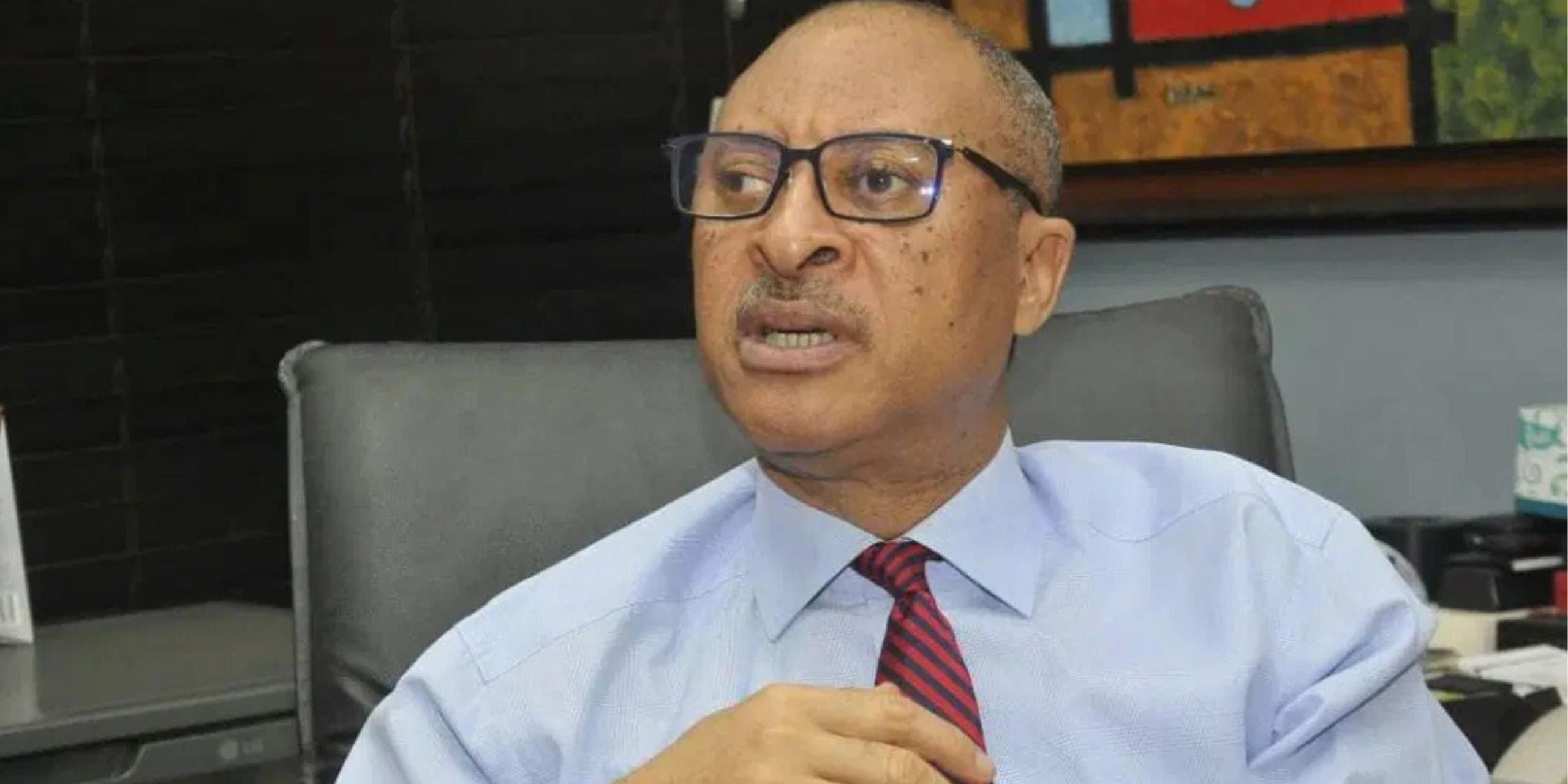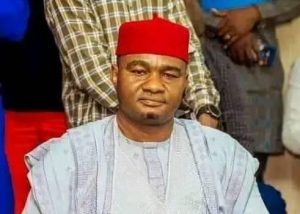Pat Utomi’s Shadow Cabinet Demands Urgent Constitutional Reforms Ahead Of 2027 Elections
In a bold and timely political intervention, the Big Tent Shadow Cabinet, spearheaded by renowned political economist and public intellectual Prof. Pat Utomi, has issued an urgent call for comprehensive constitutional and electoral reforms as Nigeria heads towards the 2027 general elections. The call came during a high-profile policy forum held in Lagos State, attended by governance experts, opposition stakeholders, civil society leaders, and members of the media.
At the heart of the group’s demand is a critique of Nigeria’s over-centralized federal structure, which, according to Utomi and his allies, stifles development at the state and local levels while weakening democratic accountability. The Shadow Cabinet is pushing for sweeping changes aimed at devolving power from the center, strengthening institutions, enhancing electoral transparency, and improving citizen participation.
With barely two years until the next round of national elections, public discontent remains high following the controversial 2023 general elections. Widespread irregularities, legal ambiguities, voter disenfranchisement, and questions over the impartiality of the Independent National Electoral Commission (INEC) have fueled calls for systemic reform.
“If Nigeria must move forward as a functional democracy, then now is the time for deep constitutional reengineering,” said Prof. Utomi in his opening remarks. “We cannot keep patching a broken system and expect different results.”
Key Reform Pillars
Outlined in a comprehensive communiqué signed by the group’s Director of Media and Communications, Charles Odibo, the Cabinet’s reform blueprint revolves around several strategic pillars:
- Decentralization and Federal Restructuring: The Shadow Cabinet is advocating for the devolution of powers to state and local governments, arguing that Nigeria’s federalism is only federal in name. Regional autonomy, according to Utomi, will enable subnational units to design and implement context-specific policies.
- State Police and Security Sector Reform: With rising insecurity, the group is demanding constitutional amendments to establish state police forces. This would allow state governments to assume greater responsibility for law enforcement and reduce dependence on overstretched federal agencies.
- Local Government Autonomy: Echoing previous recommendations from development partners, the group insists on financial and administrative autonomy for local governments. It criticized what it described as “the ongoing sabotage of Supreme Court rulings by state governors” who continue to withhold funds and interfere in local governance.
- Electoral Act Revisions: The Cabinet calls for targeted amendments to the 2022 Electoral Act, citing loopholes that compromised the 2023 polls. Specifically, it wants clarification on the legal standing of electronic transmission of results, pre-election primaries, and the collation process.
- INEC Independence: Stressing the importance of institutional integrity, the group wants constitutional guarantees to protect INEC from executive and partisan interference. It recommends statutory funding and insulation of the commission’s top officials from political appointments.
- Inclusive Representation: The Shadow Cabinet is also calling for quota-based provisions in the constitution to ensure increased participation of women, youth, and persons with disabilities in governance.
- Judicial Reforms: To ensure swift and impartial adjudication of electoral disputes, the group recommends overhauling the judicial appointment process, strengthening oversight, and ensuring the financial independence of the judiciary.
Technology and Electoral Modernization
The Cabinet strongly supports the expansion of electronic voting, calling it a necessary step to combat rigging and increase voter confidence. “The technology exists,” Odibo noted. “What remains is the political will to implement it.”
He also proposed broadening voter identification systems to include digital IDs such as international passports, national identity numbers, and mobile-based digital voter cards. Additionally, the group recommends continuous voter registration throughout the electoral cycle to avoid the rush and exclusion that often mar registration windows.
Mobilizing Stakeholders and Building Consensus
Recognizing the complexity of constitutional reform, the group pledged to engage a wide array of stakeholders, including traditional rulers, civil society organizations, the diaspora community, and religious leaders. A series of regional town halls and digital webinars are scheduled over the coming months to gather input and build momentum.
“This cannot be an elite-only conversation,” Utomi emphasized. “For reform to be sustainable, it must come from the people, not just the political class.”
Media and Civic Education Campaigns
The Cabinet plans to launch a robust public awareness campaign using radio, television, print media, and social media platforms to educate citizens on the implications of the reforms. This includes a planned documentary series titled “Reclaiming the Republic,” which will feature expert opinions, citizen testimonies, and comparative international case studies.
Critics and Challenges Ahead
While many welcomed the proposals, critics argue that the entrenched political elite, particularly at the federal level, may resist reforms that weaken their grip on power. Skeptics also point to the challenge of achieving the supermajority required in the National Assembly to amend the constitution.
Nonetheless, the Shadow Cabinet remains undeterred. “Change has never come easy in Nigeria,” Odibo admitted. “But history shows that sustained civic pressure can move even the most immovable institutions.”
Looking Ahead: A Roadmap to 2027
The group laid out a timeline extending from mid-2025 through the first quarter of 2026, during which it aims to consolidate its proposals into draft legislation. The drafts will then be shared with reform-minded lawmakers and state assemblies for further debate.
YOU MAY READ
DSS Sues Pat Utomi Over Creation of ‘Shadow Government’, Alleges Plot to Usurp Tinubu’s Authority
By late 2026, the Cabinet hopes to see at least three major reform bills passed—addressing electoral process clarity, security sector decentralization, and institutional autonomy. The rest, they acknowledge, may have to wait until a more reform-friendly political climate emerges post-2027.
A Historic Opportunity
For Utomi and his colleagues, Nigeria stands at a historic crossroads. The 2023 elections, while deeply flawed, exposed the urgent need for recalibration. With the international community paying close attention to Nigeria’s democratic trajectory, the time to act, they argue, is now.
“We must not allow the lessons of 2023 to be wasted,” Utomi said. “Our democracy deserves not just survival, but transformation.”
As 2027 looms on the horizon, the Big Tent Shadow Cabinet is betting that a bold vision, backed by strategic engagement and public pressure, can deliver the reforms Nigeria so desperately needs.





